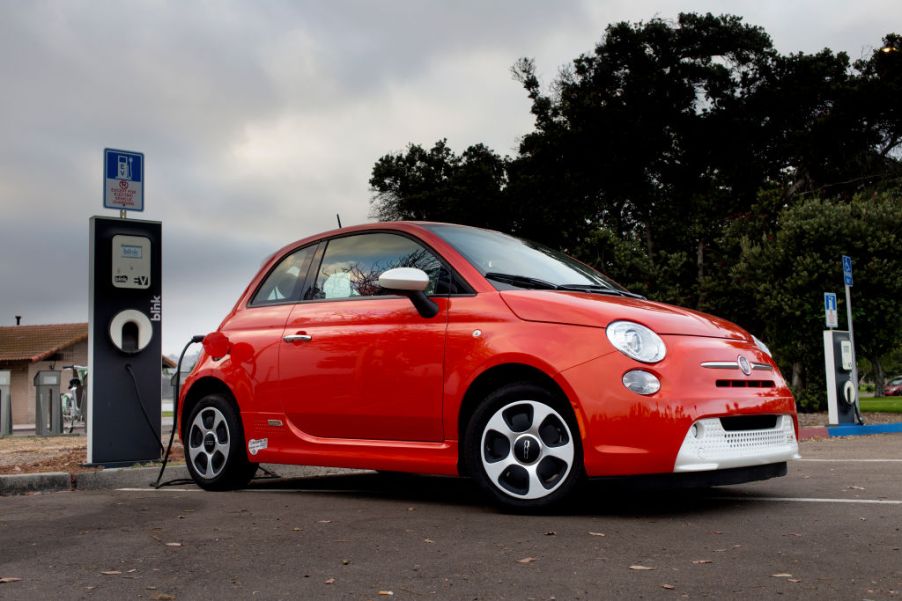
Can You Lease an Electric Car?
In recent years, leasing a new vehicle has grown in popularity. The down payment and monthly fees are often lower than those accrued through financing. When it comes to electric vehicles, the new and unfamiliar considerations posed by the technology make leasing a more sensible option for most Americans. Here’s what you need to know about leasing an electric car.
What is a car lease, and how does it work?
Leasing a car will see you pay for the use of it for a pre-determined period, which is normally three years. The payments are based on the difference between the capitalized cost and residual value, financed at the interest going rate. The capitalized cost is the car’s negotiated transaction value. The residual value is the amount it is expected to cost after the lease period ends.
Unlike leasing a gas-powered vehicle, when leasing an electric car, the leasing dealership normally claims the federal tax credit of $7,500. This is then applied to the transaction price, lowering the cost of monthly payments.
Typically, you will be required to pay an upfront cost made up of the down payment and the first month’s installment. Paying a lower down payment will increase your monthly payments and vice versa. Usually, you will be the one responsible for the taxes, the car’s annual registration fees, sales tax, insurance, and maintenance.
Aside from the duration, down payment, and monthly payments, lease agreements also specify an annual limit on mileage covered. A lower mileage limit further reduces your monthly payments while a higher one increases them.
When the agreed duration of the lease is over, you can either return the electric car to the dealer or purchase the vehicle at a pre-determined cost. If the residual value turns out to be more than that stated in the agreement, you can purchase and resell the vehicle at a profit.
While it might sound great, leasing is not for everyone. For starters, keep in mind that terminating the agreement before the period is over can be expensive. Also, exceeding the agreed mileage limit could further cost you.
Also, during the return of the leased car, you will need to part with a disposition fee as well as a wear and tear fee if the car is not in excellent condition.
Affordable electric car lease agreements
One of the advantages of leasing an electric car instead of buying it is how easy it is on your pockets. Here are a few affordable options;
Fiat 500e
The 500e is suited for navigating city traffic, and its unique design makes it perfect for single use. You can get the Fiat 500e for a 36-month lease with $149 monthly fees and a signing fee of $4,314.
Chevrolet Bolt EV
With an ability to accelerate from zero to 60 mph in 6 seconds, and a range of 238 on a single charge, the 2019 Chevrolet Bolt EV is a great car if you are looking for more power from your electric vehicle. You could get the Bolt EV with a signing fee of $3,999, followed by monthly fees of $279 for 36 months.
Volkswagen e-Golf
The 2019 e-Golf’s acceleration could rival that of gasoline-powered cars. On top of that, the car can charge to 80% in an hour. At a signing fee of $3,864 and monthly payments of $189 for 36 months, it is one of the cheapest lease options out there.
Nissan Leaf SV
Nissan’s Leaf SV is the cheapest lease option available. On top of that, the car is still loaded with quality features and has a range of 226 miles. The total lease cost of the Leaf SV is only $5,250; a $3,663 signing fee and monthly payments of $69 for 36 months.
For those looking to get their hands on an electric car, leasing presents a great and affordable option.


